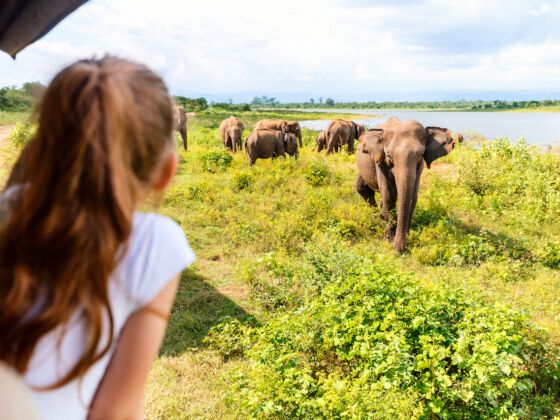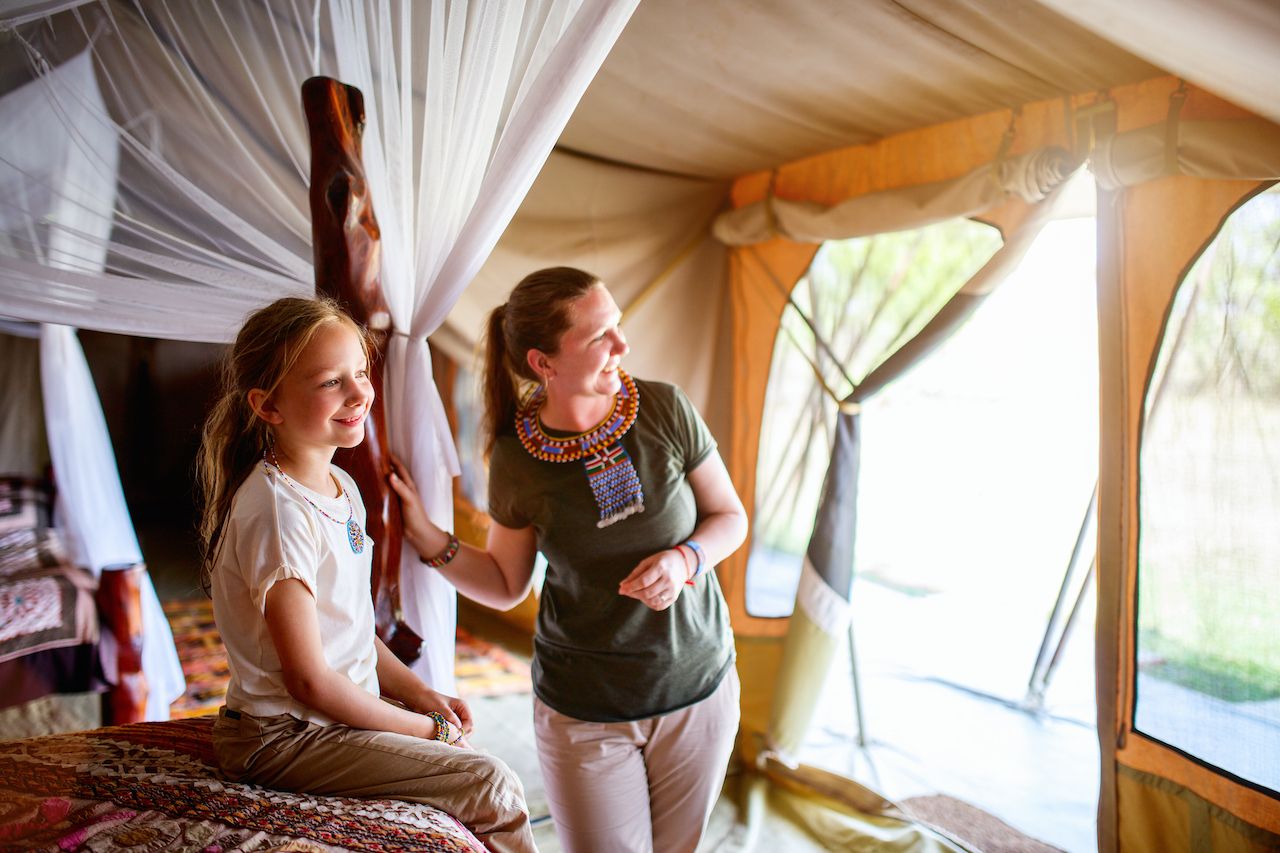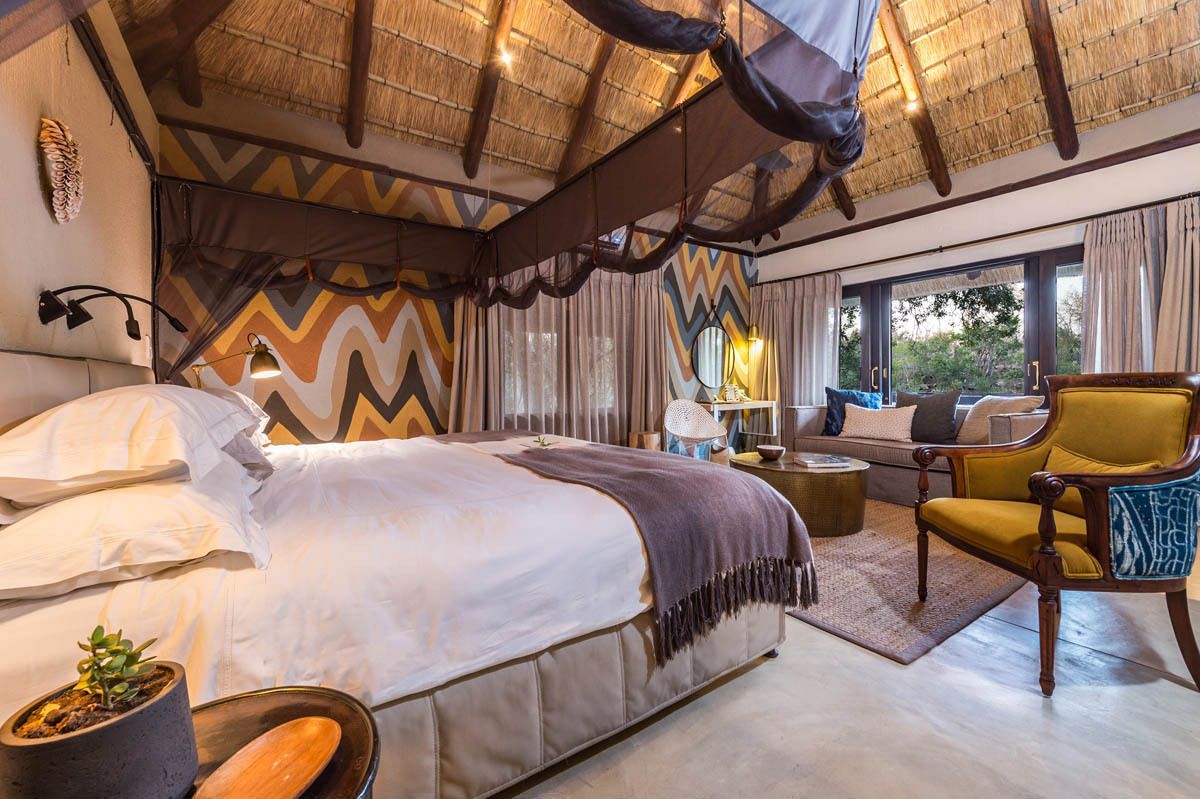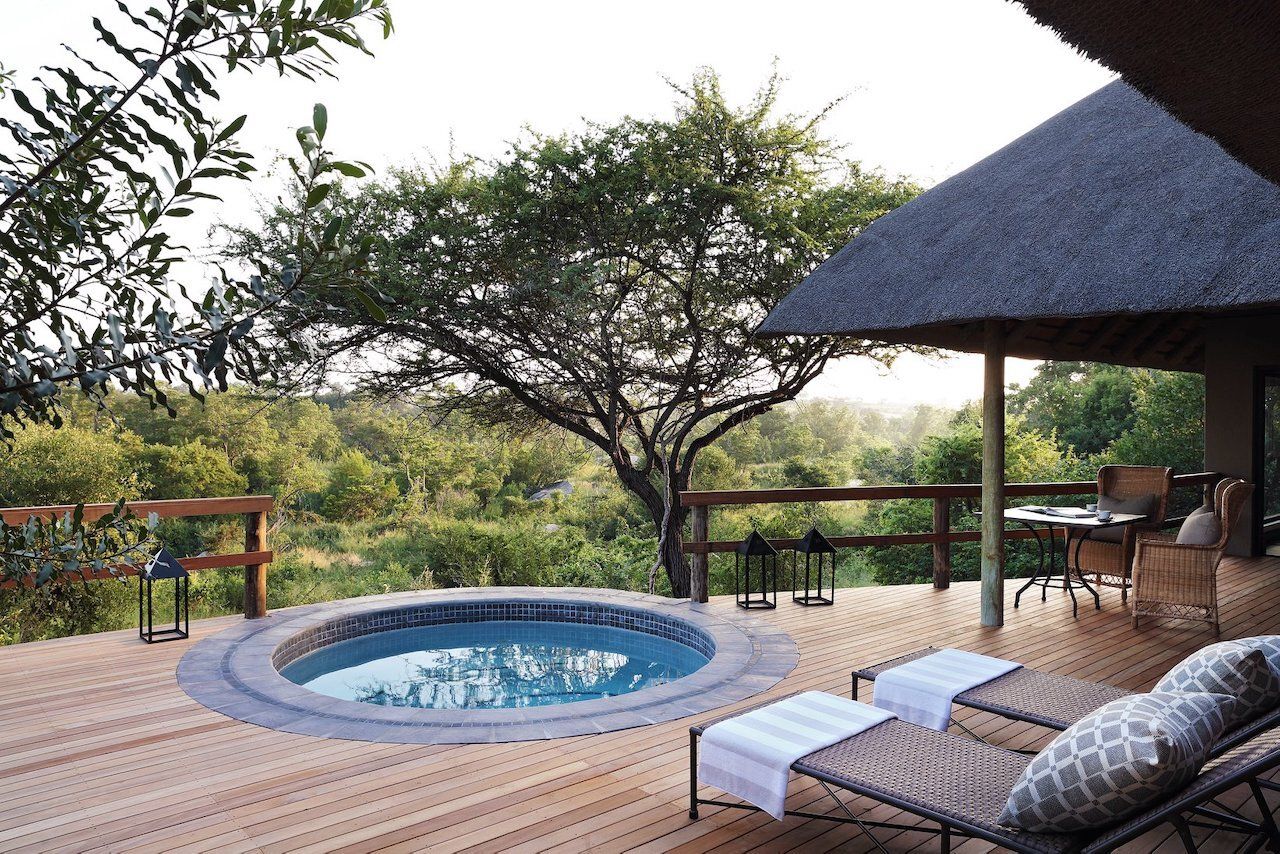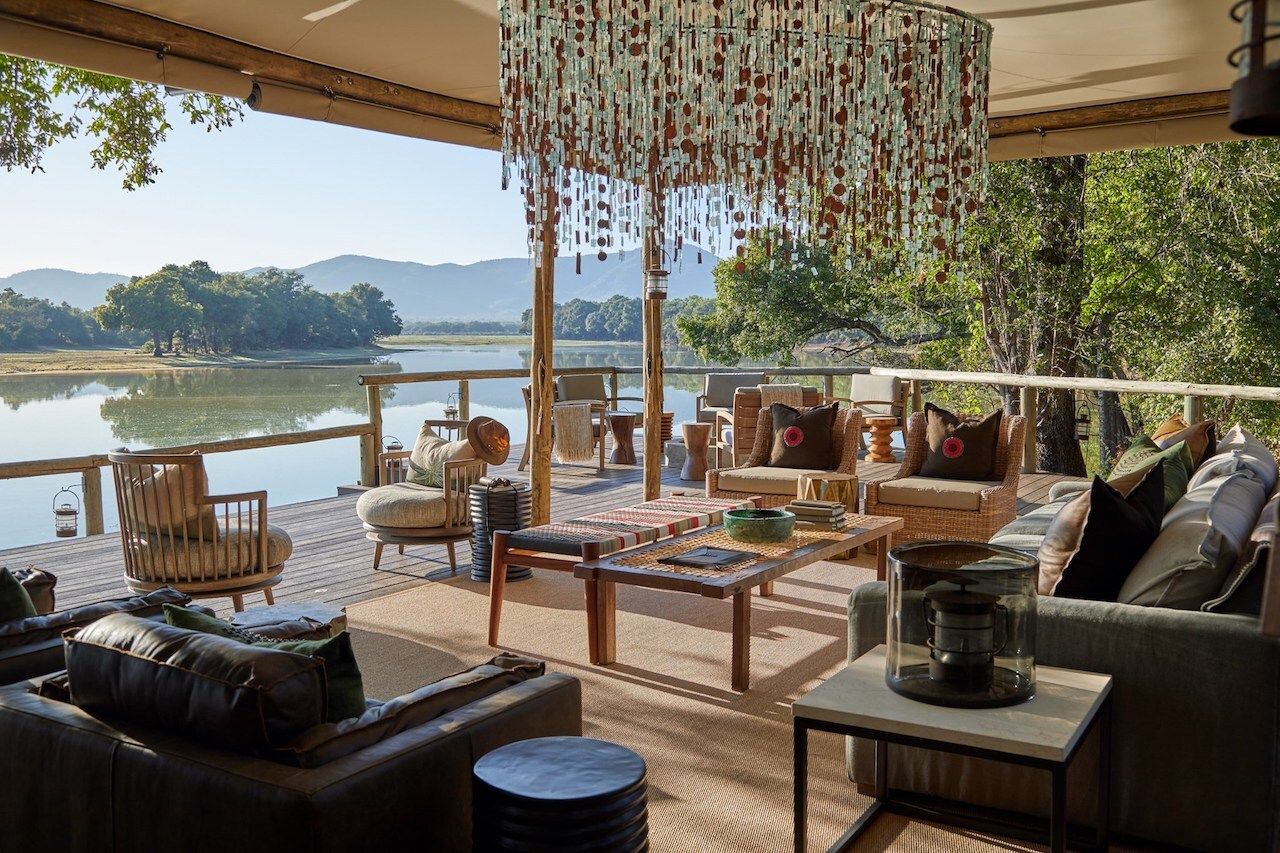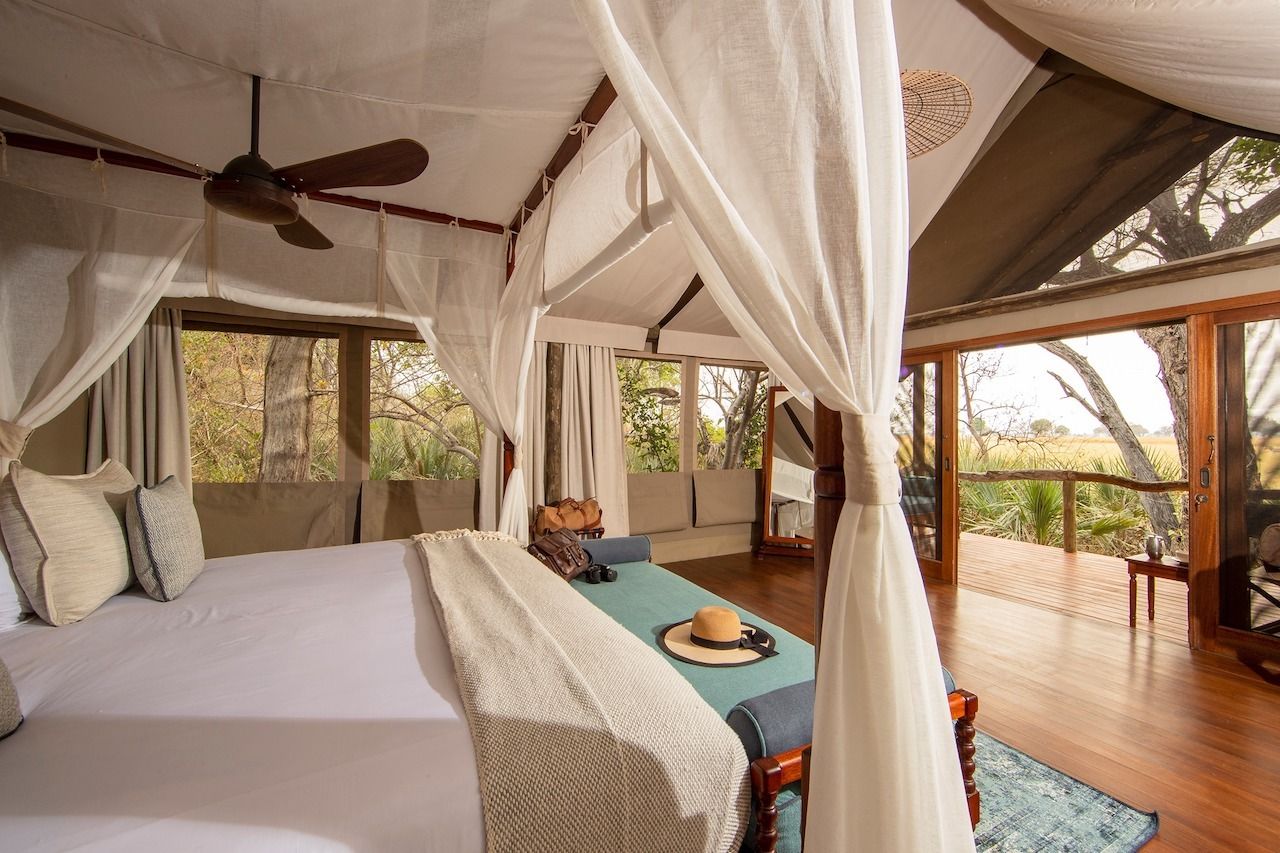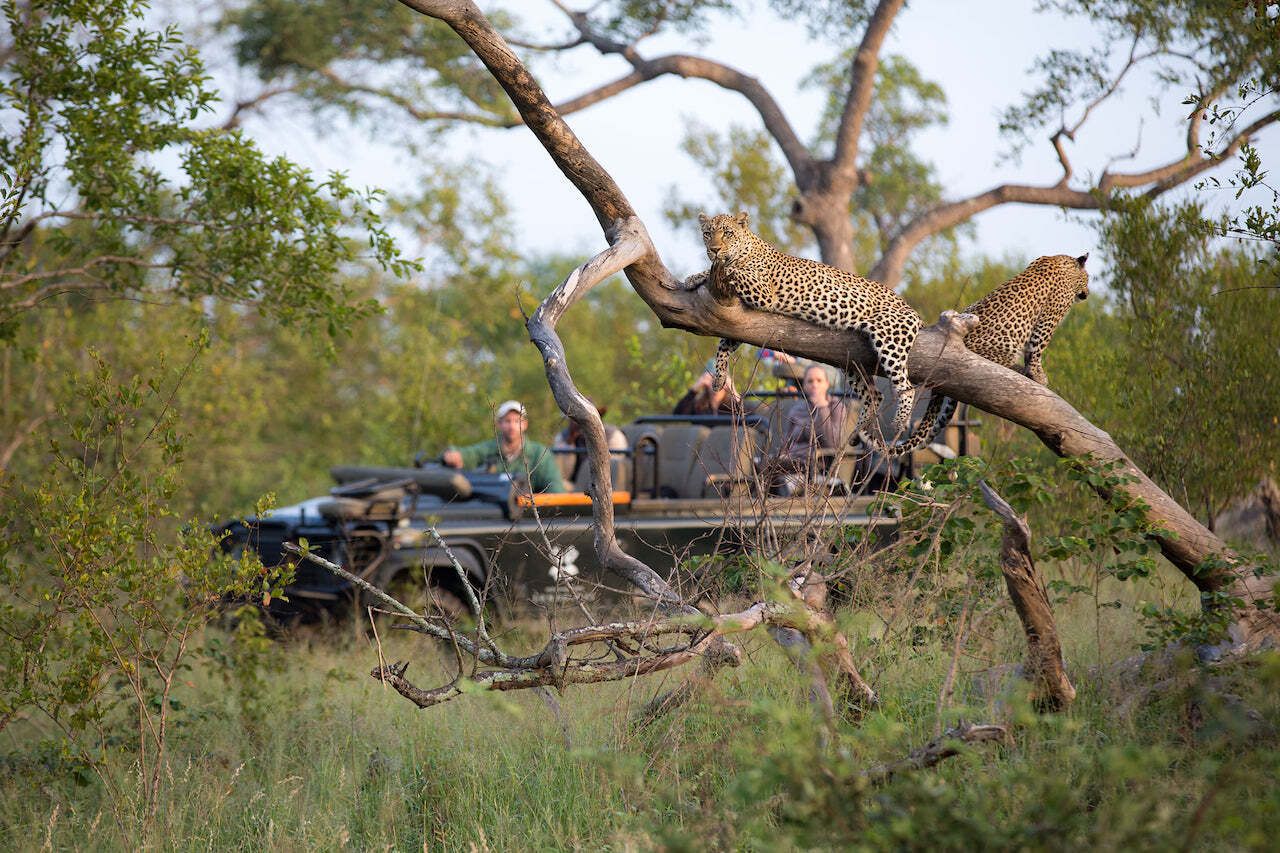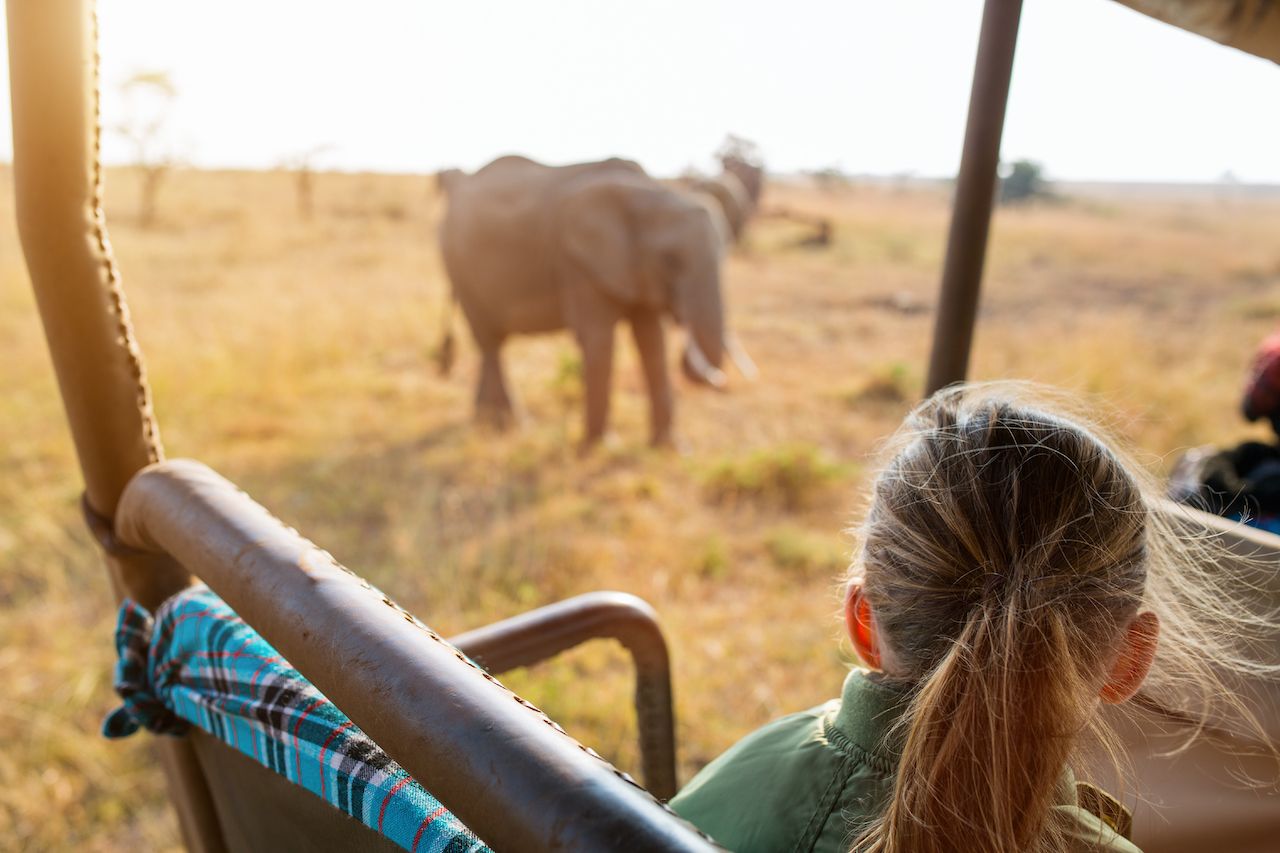Three hours in line, waiting with two teenagers in the pre-dawn chill for the National Park rangers to open the gate? Never again, I told myself, heading back to the lake and our cabin.
But it got me thinking. Maybe it was time to plan that African safari we’d been telling the kids about for so long. Aged 11 and 12, they were finally old enough to enjoy it. And an hour on the phone with my favorite travel agent, a person I’d worked with before, proved to be the solution.
